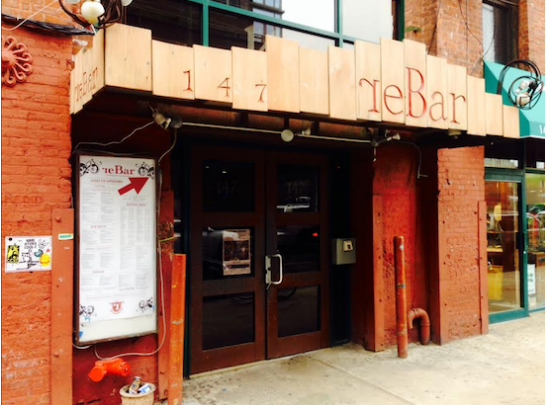Former reBar owner sentenced to jail for tax fraud

The owner of a popular Brooklyn wedding venue was sentenced Monday to three- and one-third to 10 years behind bars for failing to pay state and city sales taxes.
Jason Stevens sat silently in the Brooklyn criminal courtroom as he waited for Brooklyn Supreme Court Justice Matthew Sciarrino to call his case and hand down the official jail sentence. Stevens, 41, plead guilty to grand larceny and criminal tax fraud in connection with stealing approximately $200,000 in sales tax that he collected between 2009 and 2012, but failed to remit to the state. In addition, Stevens also admitted to failing to collect approximately $1.2 million in sales tax during the same period.
The defendant “was not as forthright as he should have been,” Assistant D.A. Gregory Mitchell said at Monday’s sentencing.
